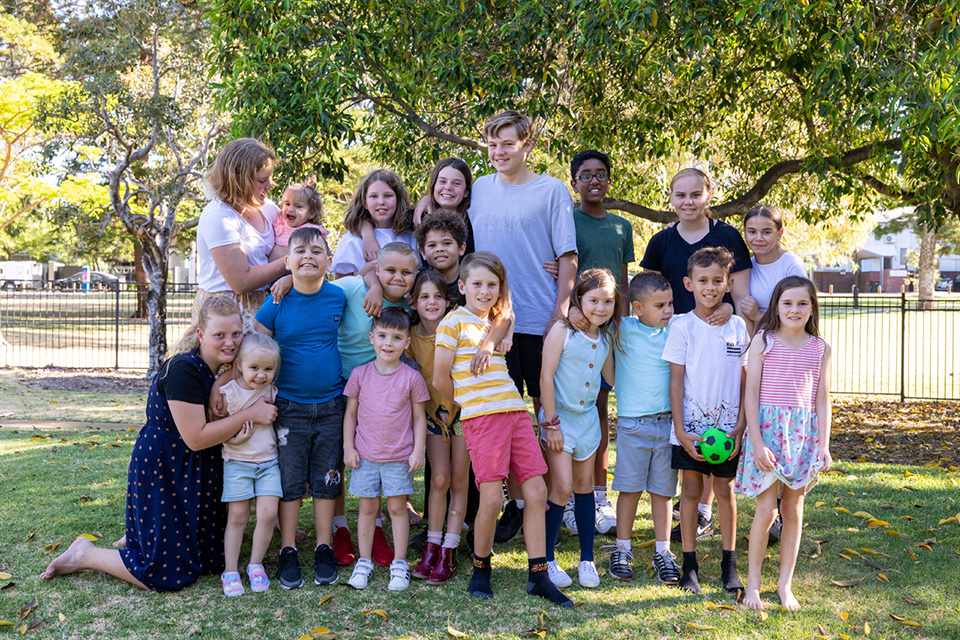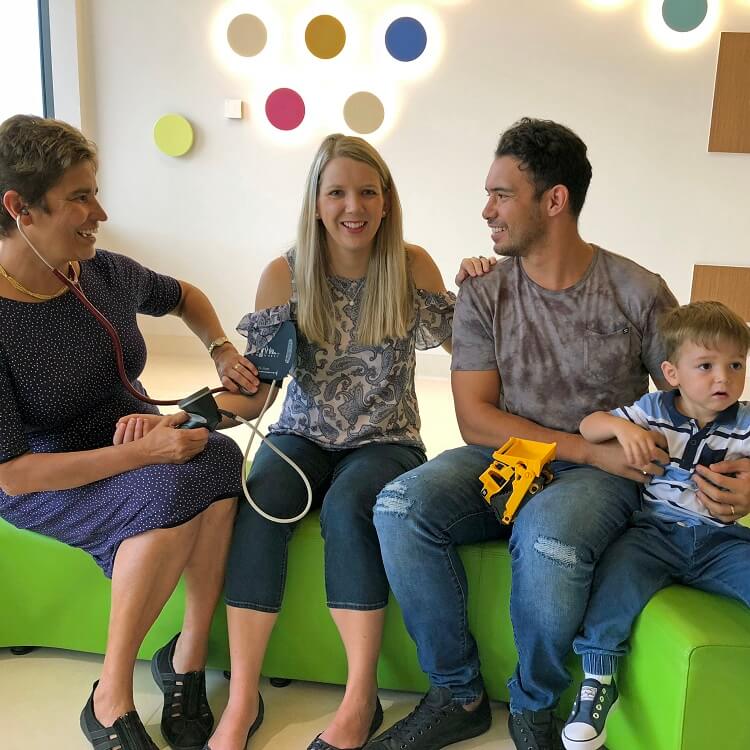Search
Research
Does cerebral lateralization develop? A study using functional transcranial Doppler ultrasound assessingIn the majority of people, language production is lateralized to the left cerebral hemisphere and visuospatial skills to the right.
Research
Maternal Serum Vitamin D Levels During Pregnancy and Offspring Neurocognitive DevelopmentNew research links poor language to lack of Vitamin D in womb.
Research
Joint attention and parent-child book readingGood language development is an integral component of school readiness and academic achievement.
Research
Inner speech impairment in children with autism is associated with greater nonverbal than verbal skillsWe present a new analysis of Whitehouse, Maybery, and Durkin's (2006, Experiment 3) data on inner speech in children with autism (CWA).

The Human Development and Community Wellbeing (HDCW) Team focuses on improving outcomes for children, family, and the community.

News & Events
ORIGINS reaches key milestoneORIGINS, a collaboration between The Kids and the Joondalup Health Campus, has achieved a major milestone – recruiting its 1000th family.
Research
Language DevelopmentLanguage is one of the most remarkable developmental accomplishments of early childhood. Language connects us with others and is an essential tool for literacy, education, employment and lifelong learning.
Research
The Dyslexia Candidate Locus on 2p12 Is Associated with General Cognitive Ability and White Matter StructureTo further explore the effect of disorder-associated genes on cognitive functions, we investigated whether they play a role in broader cognitive traits.
Research
Common variation near ROBO2 is associated with expressive vocabulary in infancyIn this paper we conduct a genome-wide screen and follow-up study of expressive vocabulary in toddlers of European descent from up to four studies of the...
